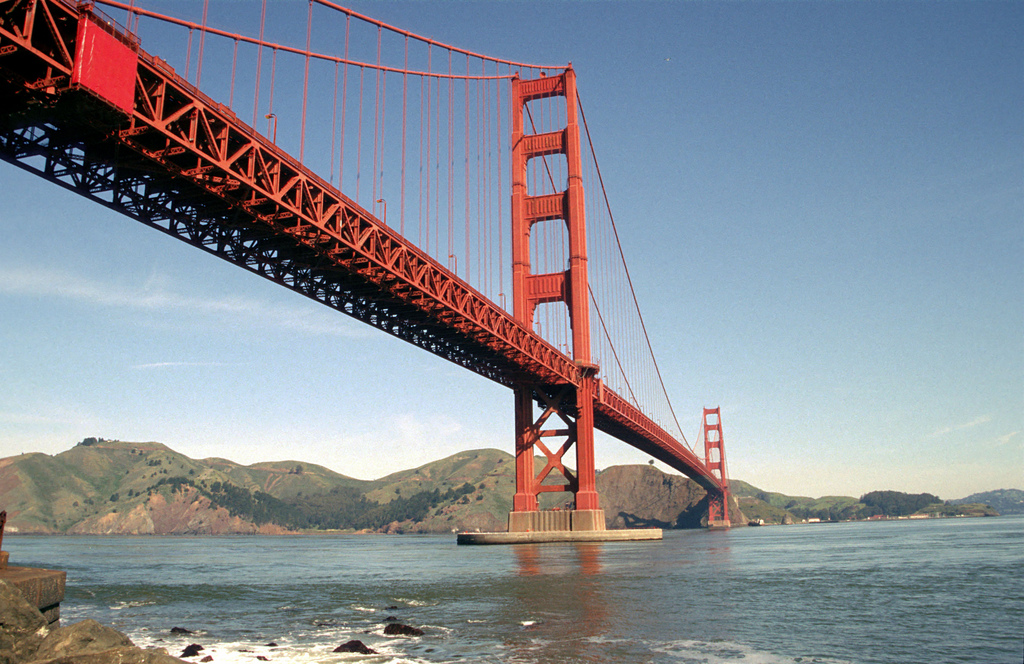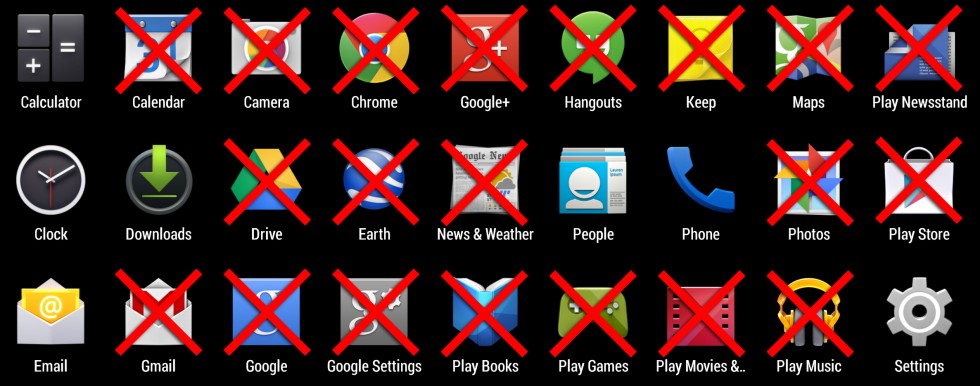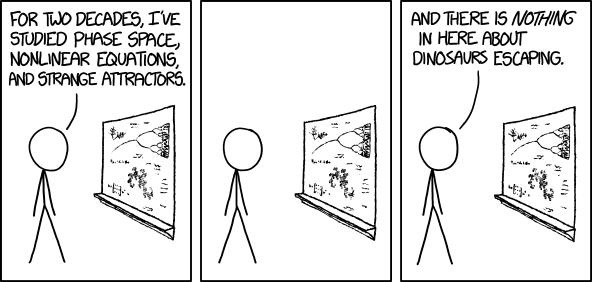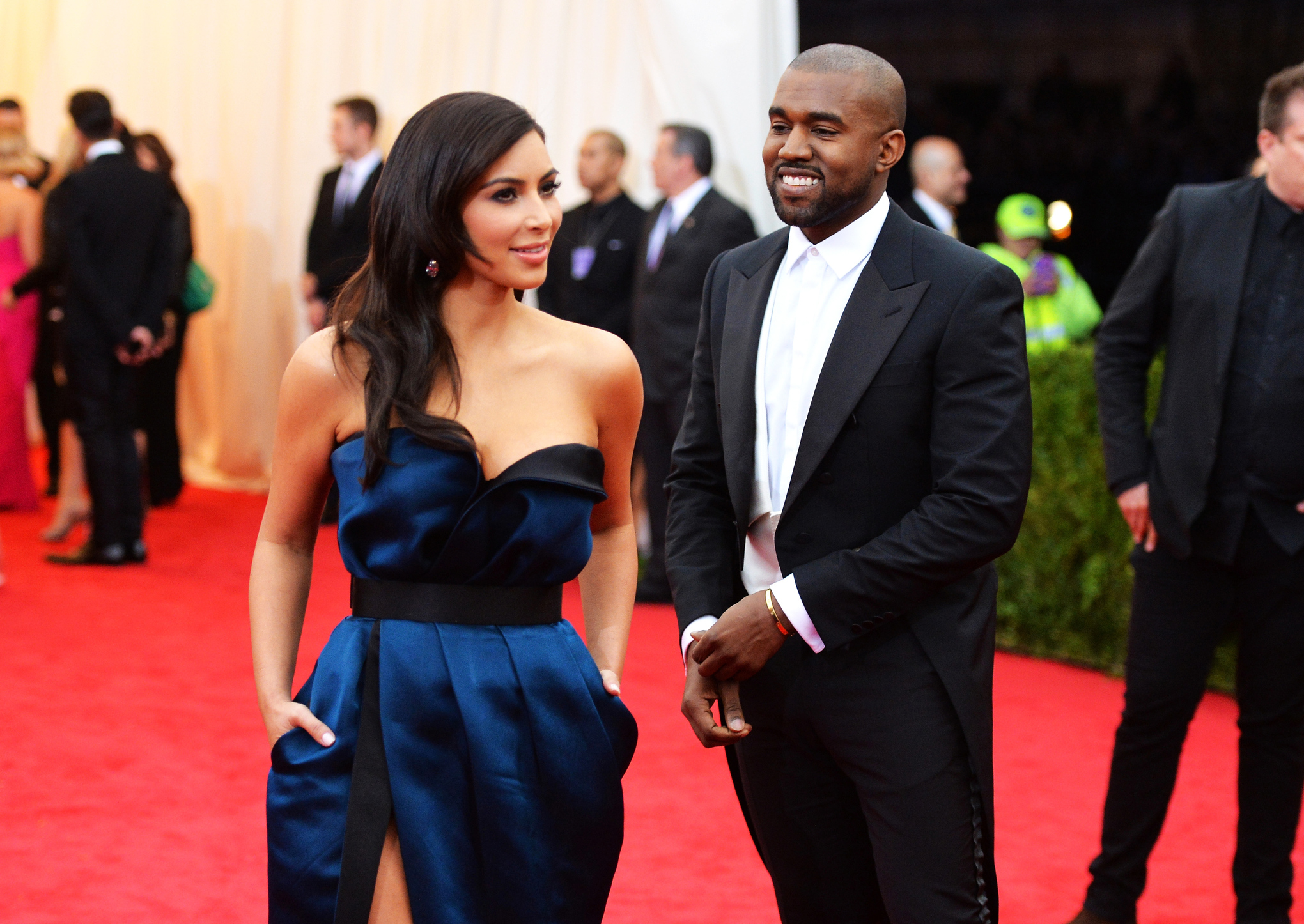
On September 22nd, the Treasury Department announced some new measures to crack down on corporate tax inversions. Inversions have languished for years as an arcane sub-element of the already arcane world of corporate income taxation, but over the past couple of months, they've surged toward the top of the public agenda in the United States. Burger King is buying Canadian coffee and doughnuts chain Tim Horton's, in large part in order to perform an inversion so it can start paying corporate income tax at the lower Canadian rate. President Obama dedicated his July 26 radio address to the need to stop them, Treasury Secretary Jack Lew did an op-ed, and Democrats across the board are stepping up their rhetoric against "corporate deserters" and calling for "economic patriotism."
But what the heck is everyone talking about? And why is this suddenly on the agenda? We have answers.
1) What is a tax inversion?

Walgreens in Meridien, CT (Mike Mozart)
To an extent, a tax inversion is in the eye of the beholder. But the basic idea of a tax inversion is this..Different countries tax corporate profits in different ways and at different rates. So a company whose business is subject to relatively heavy taxation in one country (say, the United States) can buy a smaller company located in a country where its business is taxed at a lower rate (say, Ireland) and then declare the merged entity to be domiciled in the low-tax country for the purposes of taxation. Walgreens, for example, is in the process of buying a Swiss company called Alliance Boots and is considered relabeling itself as a subsidiary of the Swiss company to pay lower Swiss tax rates until forced to abandon the idea after political backlash.
You can think of there as being two levels of tax inversion.
In a modest tax inversion, Company A decides to acquire Company B for some standard set of business reasons. It then turns out to be the case that domiciling the merged entity in Company B's homeland is more advantageous for tax purposes. Companies, like people, normally seek to exploit legal means of reducing their tax burden. So the merged company will probably domicile itself for tax purposes in Company B's country.
In a pure tax inversion, Company A decides to acquire Company B specifically in order to execute a tax inversion. In other words, Company A would be acquiring Company B not so much to obtain its technology or its brand or its supply chain but its tax status.
2) How is this different from a normal cross-border merger?
Currently there is no bright-line legal distinction between a tax inversion and any other kind of international corporate merger. But in a broad qualitative sense, the difference is that in a pure tax inversion almost nothing changes on the ground.
Contrast this with, say, the takeover of Anheuser-Busch (makers of Budweiser) by the Belgian company Inbev in 2008. The United States is obviously a much larger country than Belgium, so the new merged company AB Inbev sells more beer in the USA than in Belgium. But the company is Belgian, not just as a tax matter but in terms of the physical location of its corporate headquarters in Leuven. And in terms of personnel, the CEO of AB Inbev is the guy who was CEO of Inbev before the merger.
A tax inversion would be something like a large American brewery buying a small Belgian one, keeping its old American CEO and Midwestern corporate headquarters, but declaring that it's now a Belgian company.
3) How common are tax inversions?
Since there's no formal definition of a tax inversion, it's difficult to count them exactly. But Goldman Sachs' analysis put together a chart showing their count of inversion volume — scaled to the pretax revenue of the companies involved rather than the total number of companies — showing that it's been rising for the past few years and positively exploded in 2014. Note that the majority of the 2014 bar represents proposed deals that were eventually withdrawn, but that even if we don't count proposed deals, 2014 is still a record year.
The most important inversions of 2014 have been a proposed (but ultimately canceled) effort by Pfizer to acquire Astra-Zeneca, Medtronic's acquisition of Covidien, AbbView's acquisition of Shire, and now perhaps Burger King becoming Canadian.
4) Why are inversions surging now?
There are two main reasons. One is that low interest rates in the United States and Europe are making it cheaper for companies to buy each other than has normally been the case. That's leading to a lot of merger activities of all kinds. Since some tax inversions are side-effects of mergers undertaken for other reasons, anything that boosts merger activity will tend to boost inversions. And anything that makes it cheaper to pull off a merger encourages companies to look for more inversion opportunities.
The other, more important reason is political gridlock. As you can see in the Goldman Sachs' chart in question four, inversion surges have happened in the past. But previous waves of inversions have been halted by new anti-inversion legislation. Not only have those crackdowns halted inversions, but fear of crackdowns tends to halt inversions. Companies are reluctant to push the envelop in ways that are likely to prompt regulatory or legislative backlash. But as inversions began to make a comeback in the Obama years, no crackdown was forthcoming. And it doesn't take a multi-millionaire investment banker to tell you that these days congressional Republicans are in no mood to pass Obama-friendly legislation, especially legislation that would raise taxes. So companies are getting bolder and bolder with their inversion proposals. Now the White House finally is proposing anti-inversion legislation, but its odds of passage look dim for the same basic reason the odds of anything else passing look dim.
5) This is literally the most boring thing ever. Music break?
Listen, many billions of dollars are at stake. It's not that boring.
Here's Eric Clapton and George Harrison playing "The Taxman":
6) What is the Obama administration proposing to do about inversions?

(Niyazz/Shutterstock)
The White House actually wrote an inversion proposal into the budget it released in March, though it only became a substantial focus of presidential messaging this summer. The original proposal would have made inversions more or less impossible, and also would have retroactively penalized inversions completed earlier in the year. But those proposals would have required legislation to pass congress, which of course was very unlikely to happen.
On September 22, Treasury instead released a broad suite of new rules and interpretations of rules that make inversions more difficult. These rules generally would make it much more difficult for an inverting entity to shift funds around varioussubsidiaries for tax purposes, and would also strengthen enforcement of the last round of anti-inversion rules.
7) Is corporate income tax reform the real answer here?
The United States has more or less the highest official corporate income tax rate in the world, but it's so shot full of loopholes that very few companies pay anything close to the official rate. This is widely regarded as a lamentable situation, and there is overwhelming political consensus around the idea that the corporate income tax code should be reformed. The broad idea is that the rate should be brought down, but loopholes should be closed. The resulting system would treat companies more fairly, and also should help US-based firms compete in global markets.
Corporate tax reform keeps not happening, however, for two reasons.
One is that there's big picture ideological disagreement between Republicans and Democrats as to whether the goal of reform should be to raise more tax revenue or less. Everyone agrees that the current structure of the code is bad, but absent consensus about revenue targets it's hard to build a coalition for reform. The other is that while it's easy for everyone to agree on the idea of "closing loopholes," it's very difficult to agree on exactly which loopholes should be closed.
Were broad corporate tax reform to pass, it would likely reduce the incentive for inversions somewhat. On the other hand, depending on exactly which loopholes were closed it might create more incentive for inversions in certain sectors. Either way, inversions themselves are a huge loophole that companies will almost certainly continue to seek to exploit unless they are specifically restrained from doing them.
8) Are high taxes driving companies out of the USA?

(Cord Rodefeld)
If they are, then tax inversions certainly aren't the proof. A tax inversion incurs when a company doesn't actually relocate its management or operations into another country, it just moves on paper to avoid taxes.
Non-corporations generally don't have this option. Income taxes are considerably higher for highly paid individuals living in California than for highly paid individuals living in Florida or Texas. Some rich Californians probably decamp to Florida or Texas for this reason. But most rich Californians stay in California, where they enjoy both California lifestyle amenities and the ability to work in the California-based entertainment and software industries. But suppose California changed its law so that anyone who bought a random house in Texas could declare himself a resident of Texas for tax purposes, regardless of where he actually works or spends his time. In that case, a huge share of rich Californians would buy Texas houses and register as tax Texans.
Characterizing that as people "fleeing California's high taxes" would be very misleading — nobody is actually leaving California.
By the same token, Burger King is not proposing to actually move to Canada. The proposal is simply to reshuffle the paperwork so that a large American burger chain will be considered a subsidiary of a smaller Canadian doughnut one. The business will still be managed in the USA.
9) What are the objections to Obama's plan?
The short version is Obama is proposing higher taxes and Republicans don't like higher taxes.
The longer version raises a few points. One is the idea that trying to address specific individual issues in the corporate tax code outside the context of broader corporate income tax reform would be a mistake. Another is that Utah Senator Orrin Hatch, seemingly speaking for most of his Republican colleagues, objects to the idea of retroactive penalties. A third objection is that penalizing firms who switch tax domicile without moving their headquarters abroad might encourage companies to move their headquarters abroad rather than discouraging them from changing their tax domicile.
Underlying much of this is a broader skepticism in many circles about the whole idea of taxing corporate income. When Mitt Romney somewhat infamously said that "corporations are people" this is what he meant — not the legal concept of corporate personhood — but the idea that a tax on corporate income is ultimately a tax on the people who own the company. Conservatives, supported by some-but-not-all academic economists of diverse political views, generally believe that taxes on investment income and capital accumulation are harmful to long-term economic growth. In this view, even if inversions are egregious loophole-exploitation they are a symptom of a bad tax system rather than of bad behavior.
![]()
![]()
![]()
![]()
![]()
![]()
![]()
![]()
![]()
![]()
![]()
![]()




 The chain's Bruléed French Toast with a side of bacon contained 2,780 calories (more than a day's worth), 93 grams of saturated fat (or about a week's worth), and 24 teaspoons of sugar (or about four times the daily recommended intake of added sugar).
The chain's Bruléed French Toast with a side of bacon contained 2,780 calories (more than a day's worth), 93 grams of saturated fat (or about a week's worth), and 24 teaspoons of sugar (or about four times the daily recommended intake of added sugar).























